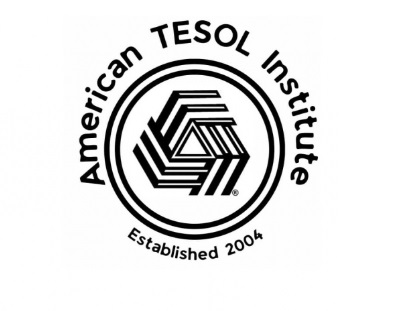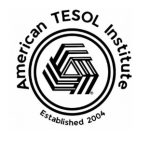Effective communication is the cornerstone of success in the business world. Whether it’s conveying ideas, building relationships, or negotiating deals, clear and efficient communication is essential for achieving organizational goals. In this article, we’ll explore the key elements of effective communication, its significance in business contexts, and strategies to enhance communication effectiveness in the workplace.
1. Key Elements of Effective Communication: Achieving effective communication involves several key elements:
- Clarity: Messages should be clear, concise, and easily understood by the intended audience.
- Active Listening: Being attentive and responsive to the speaker’s message, demonstrating understanding through verbal and nonverbal cues.
- Feedback: Encouraging feedback from the receiver to ensure message comprehension and address any misunderstandings.
- Empathy: Understanding the perspectives and emotions of others to foster trust and rapport.
- Timing: Delivering messages at the appropriate time and choosing the right communication channels for the context.
Implementation Example: In a team meeting, a project manager ensures effective communication by clearly outlining project goals, actively listening to team members’ feedback and concerns, and providing timely updates on project progress.
2. Viewing Communication in Business: Communication in business can be viewed in various ways, including:
- Internal Communication: Facilitating collaboration and coordination among employees within the organization.
- External Communication: Engaging with clients, customers, suppliers, and other external stakeholders to convey information, address inquiries, and maintain relationships.
- Transactional Communication: Exchanging information related to business transactions, such as negotiations, contracts, and agreements.
Understanding these perspectives is crucial for business people as it enables them to navigate diverse communication contexts, build strong relationships, and achieve desired outcomes in both internal and external interactions.
3. Importance of Understanding the Communication Process in Business TESOL: In Business Teaching English to Speakers of Other Languages (TESOL), understanding the communication process is paramount. It enables educators to:
- Tailor language instruction to meet learners’ specific communication needs in business contexts.
- Teach language skills and strategies relevant to business communication, such as writing emails, making presentations, and participating in meetings.
- Foster cross-cultural understanding and competence to navigate diverse business environments effectively.
By comprehending the communication process, Business TESOL instructors can equip learners with the linguistic and cultural competencies needed for success in global business settings.
4. Strategies for Effective Communication in Business Environments: Several strategies can enhance communication effectiveness in business environments, including:
- Clear and Concise Messaging: Articulating ideas in a straightforward manner to avoid confusion or misinterpretation.
- Active Listening Skills: Practicing attentive listening and paraphrasing to demonstrate understanding and encourage dialogue.
- Adaptability: Tailoring communication styles and approaches to suit the preferences and cultural backgrounds of diverse stakeholders.
- Conflict Resolution Techniques: Employing effective communication strategies to address conflicts constructively and find mutually beneficial solutions.
- Utilizing Technology: Leveraging communication tools and platforms such as email, video conferencing, and project management software to facilitate efficient communication and collaboration.
Implementation Example: A sales team utilizes a customer relationship management (CRM) system to track customer interactions, ensuring timely follow-ups and personalized communication to meet customer needs effectively.
Effective communication is essential for success in the business world, requiring clarity, active listening, feedback, empathy, and timely delivery of messages. Business people must understand the various perspectives of communication in business, including internal, external, and transactional communication. In Business TESOL, understanding the communication process is crucial for equipping learners with the language and cultural competencies needed for success in global business contexts. By employing strategies such as clear messaging, active listening, adaptability, conflict resolution, and technology utilization, businesses can enhance communication effectiveness and achieve their organizational objectives.


